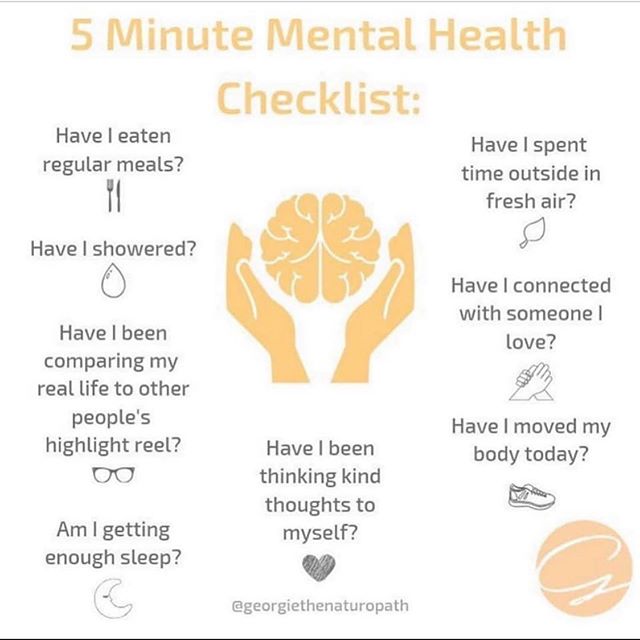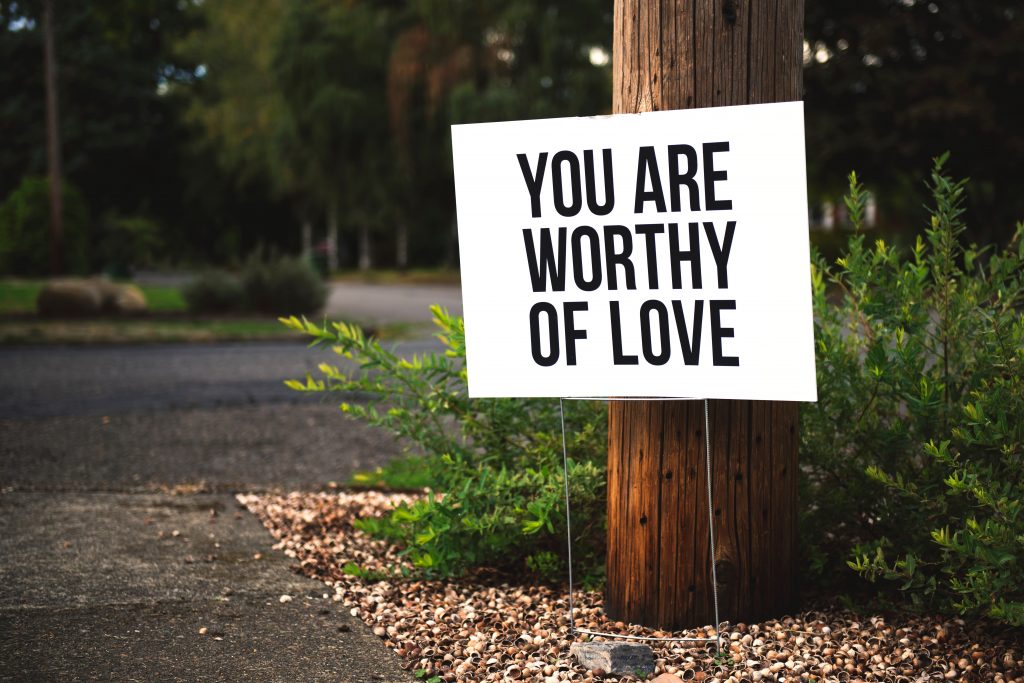If you’re anything like 18-year-old Lorelei, mental health is intimidating. Where do we begin educating ourselves on the concept? Quarantine gave me a chance, though unconsciously, to focus on my mental and emotional state. Whether directly or indirectly, mental health effects everyone. Right now, Americans are reporting significant increases in symptoms of anxiety and depression related to the stress and isolation of COVID-19. It felt significant that Mental Health Month came right in the thick of all the lockdowns and uncertainty. May’s dedication to raising awareness of mental health has helped educate and encourage me while in isolation. I’d love to share a bit of what I learned.
First, mental health IS… “the condition of a person’s psychological [mental] and emotional well-being.”
This definition isn’t as vexing as I thought it would be. In fact, if caring for my mental health is, simply, learning how to process my emotions in a healthy way… that seems perfectly reasonable. So, why is mental health such a taboo subject in America? Perhaps because this isn’t discussed enough. Knowledge is power, and Frank Herbert says, “the beginning of knowledge is the discovery of something we do not understand.” Maybe if mental health was simply known as the importance of our psychological and emotional well-being, more people might acknowledge its role in our day-to-day lives.
Second, mental health ISN’T… detached from the rest of my physical health.

Did you know that serious mental illnesses can reduce life expectancy by 10 to 20 years? Did you know that those living with severe anxiety and/or depression are 65% more likely to have a heart condition and 87% more likely to have arthritis? Our minds, bodies, and emotions are all interconnected. If you’ve experienced a broken heart, you know this is true. The way we feel effects everything from how well we sleep to our appetite (or lack thereof) to our focus capacity. When something as normal and fleeting as heartbreak can do that to our bodies, how much more can severe and persistent mental illness affect us? Physical health must include mental and emotional wellbeing, so check in with yourself.
Third, mental illness IS… a reality for more than 47 million adults in the US—that’s 1 in every 5.
With mental illness affecting this many American adults, why is there such a stigma surrounding the issue? Two-thirds of those with known mental disorders never seek help from a medical professional, and yet we have more mental health treatments available than ever before. Maybe we all just need to know that mental illness is a norm in society. For perspective, if you’re in a room with 20 adults, at least four of them are potentially struggling too. You’re not alone!
And finally, mental illness ISN’T… shameful.
Shame is “a painful feeling of humiliation or distress caused by the consciousness of wrong or foolish behavior.” When I am struggling with my mental health, I feel a lot of shame—like I’ve done something wrong. The reality is, I haven’t. Most people struggling with their mental health also feel shame. This breeds isolation and an outsider mentality that makes our mental health worse. It’s time to break the cycle. If you’re struggling, you’re not abnormal—you’re human! And the beauty of humans is that we can feel every breadth of emotion and consciously work on becoming better than we were before. Give yourself some grace and fight against the lie of shame.
“Anything that’s human is mentionable, and anything that is mentionable can be more manageable. When we can talk about our feelings, they become less overwhelming, less upsetting, and less scary.” -Fred Rogers
I hope that these four lessons will go with you today. In times like this, we need these reminders. A reminder that shame and fear don’t need to rule our lives. A reminder that caring for your mental health is a part of self-love. So, love yourself today! And if you can’t, then let others love you.


Give us some of your thoughts in the comments below and share this blog as a final “hoorah!” for Mental Health Month.



